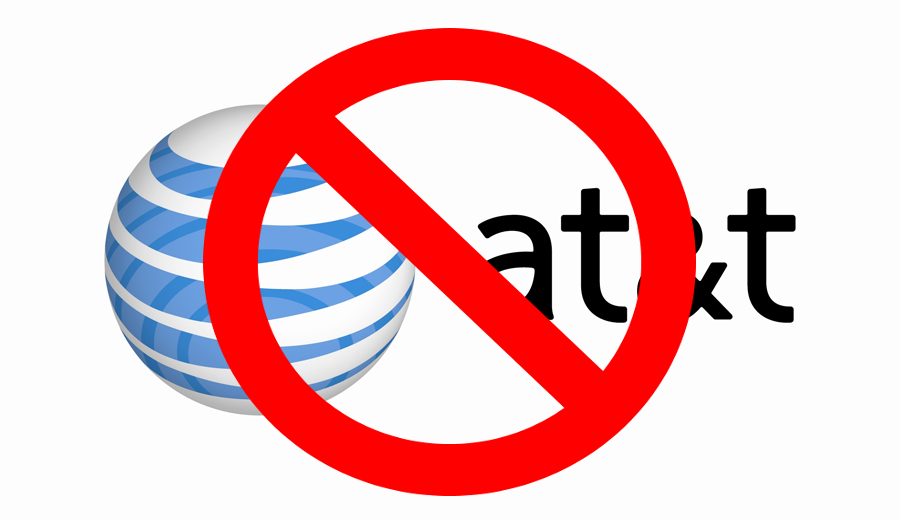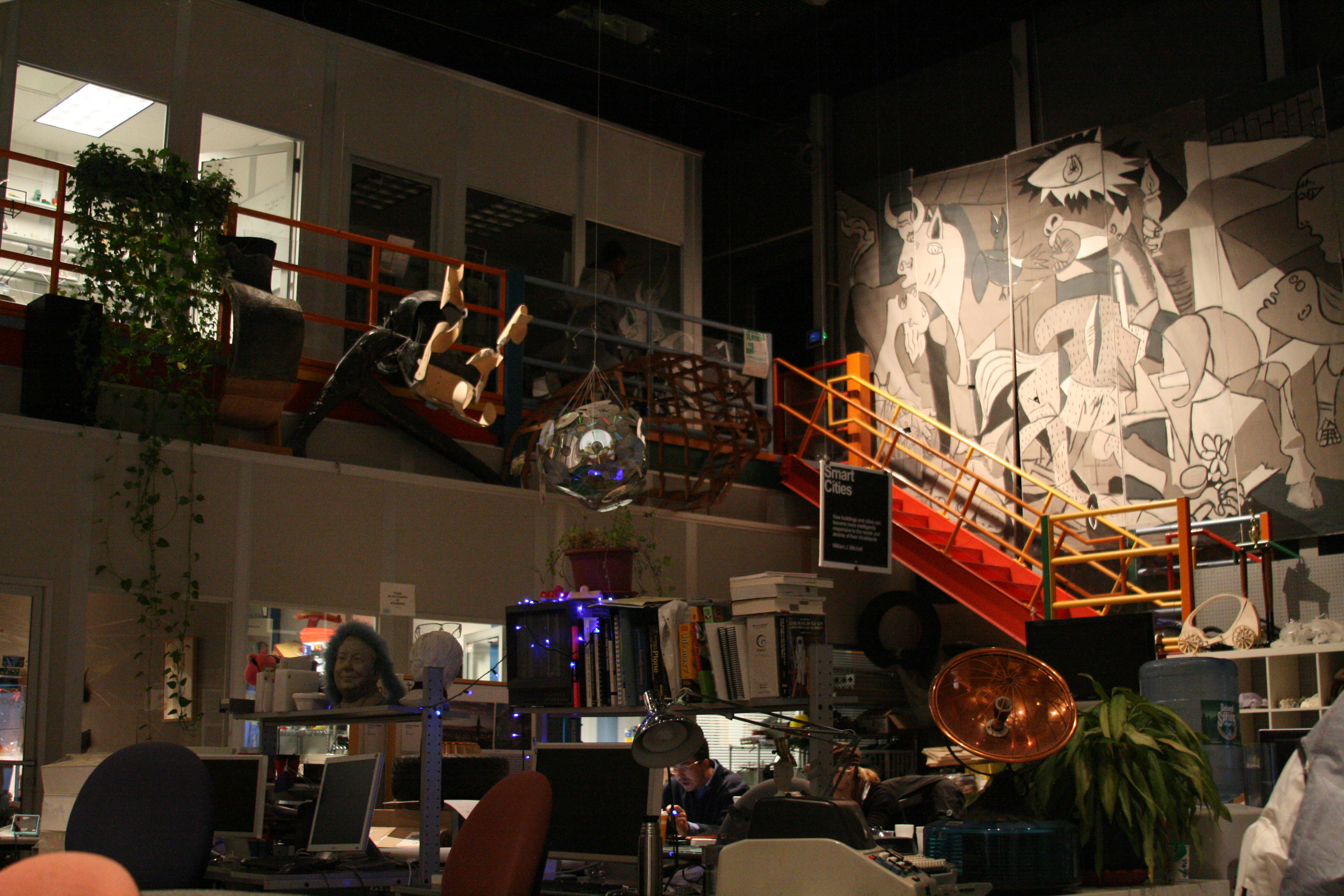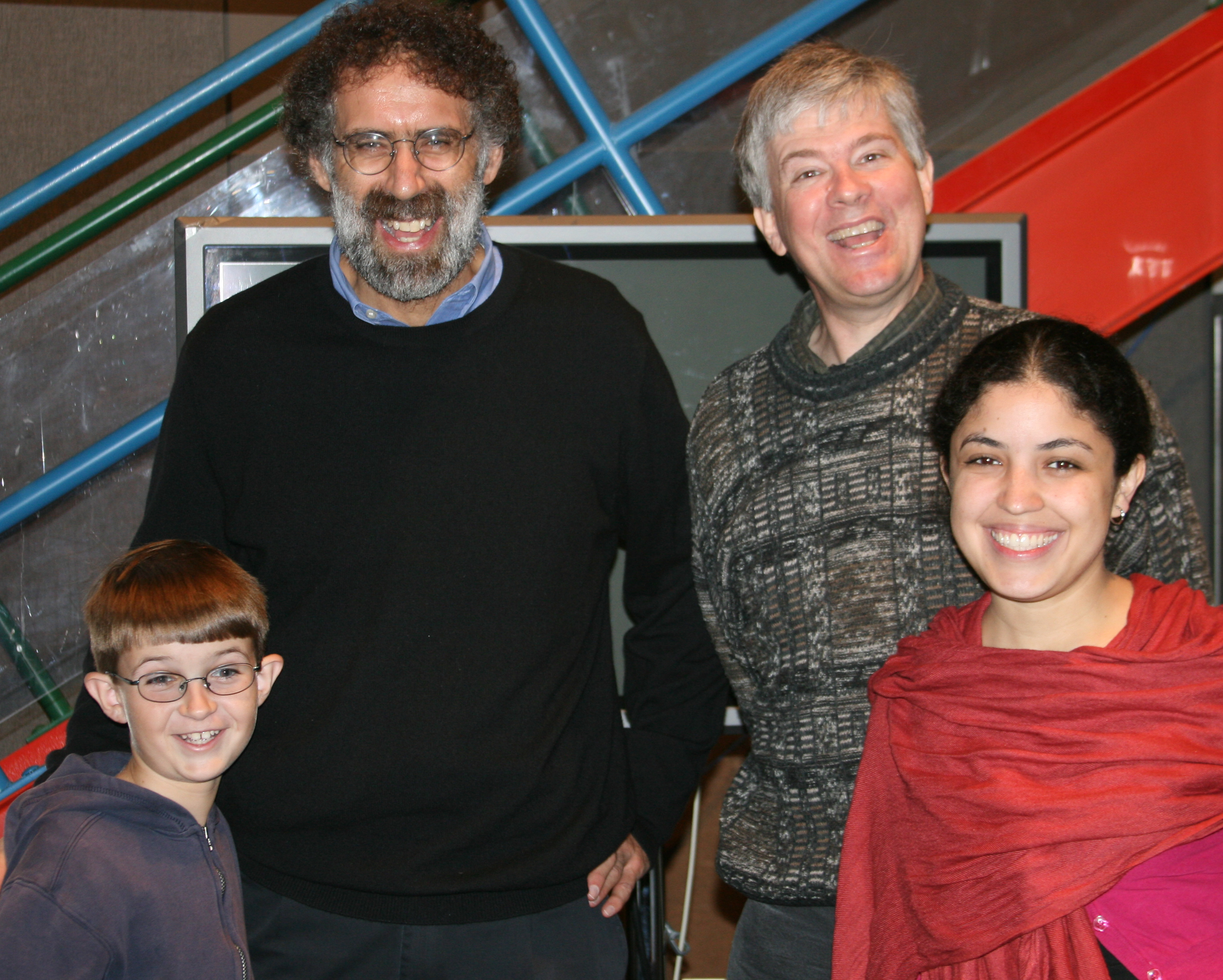When I moved to Nashville a little over a year ago, I warned friends that I was simultaneously going to use the move as an excuse to do a fade from social media like Facebook.
The reason? Facebook had changed–or maybe the people using it had changed–since I first started using it a decade earlier. What was once like a friendly bunch of water-cooler chit-chat had become increasingly strident and nasty, and less and less of it was about the goings-on in my friend’s actual lives, and more and more an exercise in either virtue-signalling (my nomination for the Official Narcotic of the New Millennium), or punching at shadows for the Outrage of the Day.
We were being manipulated, and we should have known it. It was pitting friends against friends, while looting mountains of data about our lives, attitudes, physical locations, and relationships. And increasingly, I was beginning to notice that I felt worse about my life and the people in it after I launched the Facebook application than before.
Facebook: Our Own Private Iago
My best guess as to what’s going wrong? It’s that we’ve become a generation of addicts to the dopamine rush we get when our friends signal their social approval to something we’ve done with the various “Like”s, comments, or retweets.
More, changes to Facebook’s algorithms now hide all but the most active engagements from your timeline. This slight change in the mechanics of the system had an enormous effect: encouraging incrementally more strident and over-the-top position-taking, ratcheting up the reactions of those who identify with your positions, and making invisible anyone in your life who does not feel as strongly. The lack of visibility of everyone but those who agree or disagree strongly with you then becomes a social cue that your more strident position-taking is normal, and the ratchet continues until all subtlety of discussion is lost. Suddenly, friends who agree with each other on 95% of all issues suddenly feel like blood enemies over small differences we’ve ourselves magnified to huge size.
Pocket-sized Big Brother
More recently, it’s becoming increasingly obvious how very much spying these social networks are doing on your every activity. Want a scare in your life? Go to Facebook’s Settings > General page, and click the little blue link at the bottom to request a download of all the data Facebook (admits) it has on you. The KGB and Stasi never dreamed of having this kind of tracking data that we’ve all willingly given up to Facebook, including our every movement, our relationships, beliefs, and tastes in everything from music to dishwashers.
Similarly, Google and Apple keep location maps of everywhere your phone travels, logging your every movement since your first booted up your iPhone or Android phone and let it enable Location Services.
Used Google Maps to find your way to the mall yesterday? Google remembers where you went, when you left, and whether you were speeding along the way. Asked your Amazon or Google smart speaker for anything? Your every word is now stored on their servers. It’s truly shocking how many moments of our life are being monitored. And increasingly, all these companies are willing to use all this data to do more than just sell you products.
Google already actively skews search results to put forward points of view it believes are more acceptable, even if they’re objectively less relevant and even overtly propagandistic in nature. Politically incorrect YouTube channels are being demonetized on a massive scale; Twitter has been stripping hundreds of thousands of followers from people they find objectionable; and Facebook is increasingly hiding or “correcting” news items they disagree with.
Recently, Facebook has been getting a lot of negative attention for helping facilitate the mining of personality and political data on tens of millions of people during the past election, but was actually celebrated when such mining helped a different candidate the election before. The real trouble is that all of these companies have so very much data about our personal lives, and we let them have it. This was bad when they behaved like disinterested utilities, but it’s now clear they’re willing to take sides, and there seem to be less and less restraints on using what they know about you to get results they want.
Back to the Blog
I’m still piecing my opinions together on all this (which is part of why I’m writing this blog entry–to write is to think, after all). That said, I think I’m going to be quite a bit more circumspect in my use of Facebook and other social media for the foreseeable future.
To all my friends who last saw me on Facebook (where this blog entry automatically cross-posts), please don’t take my lack of activity on the site as a sign that I don’t still love you all. I’m just becoming increasingly convinced that Facebook itself is a friend I don’t want to share many confidences with. I’ve deleted the app off all my mobile devices (this is where much of the spying comes from), and will likely be using the Facebook website more infrequently, and yes, more for business than personal reasons.
I’ll likely be reviving this blog for sharing thoughts on matters of more personal concern (such as this). If I write something you want to comment on, I’d encourage you to use the blog’s comment feature, or message me directly–I may not see comments you post to Facebook. And as always, feel free to contact me via email, phone, or text — my contact info’s right on the Contact Me page at pbickford.wordpress.com.









